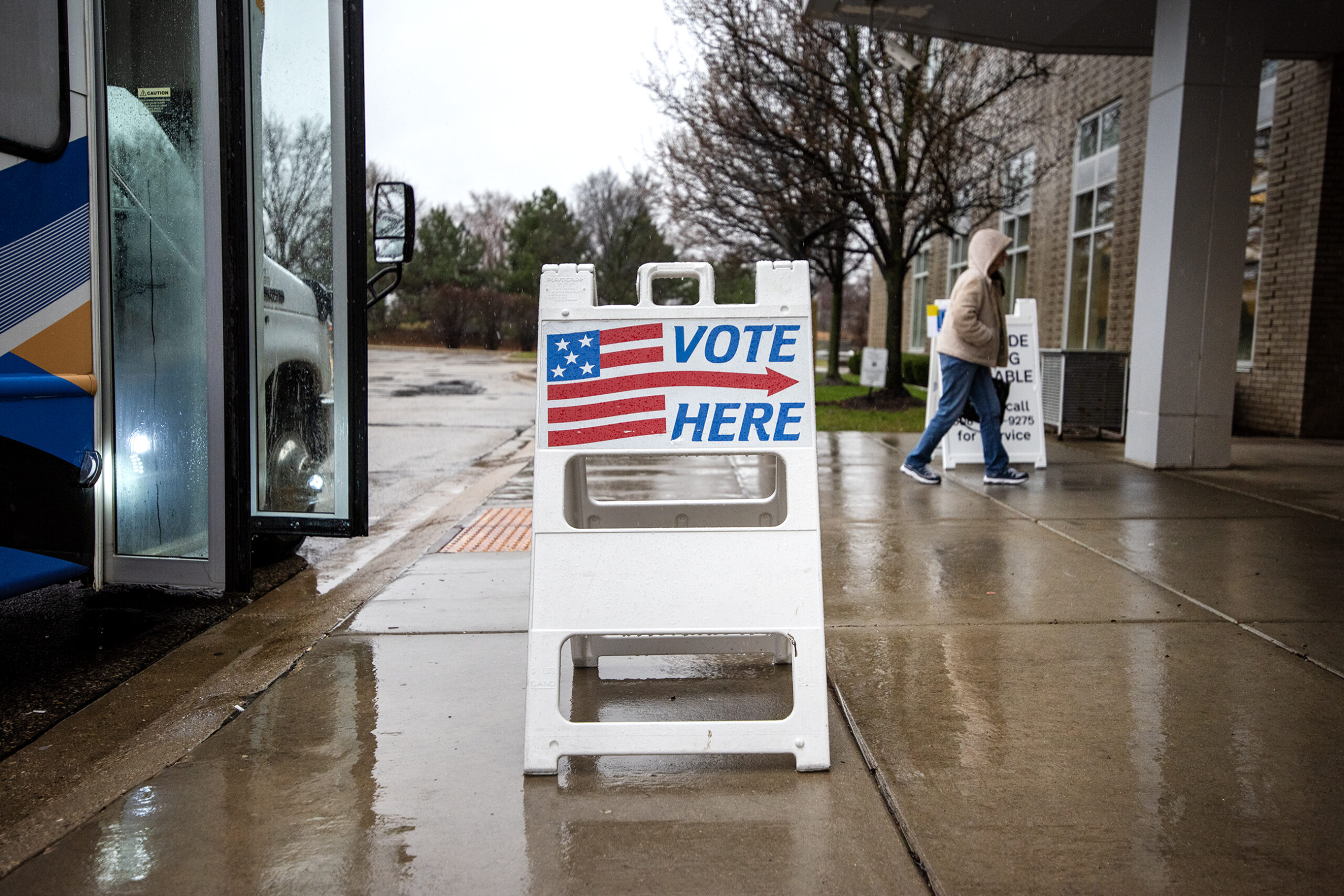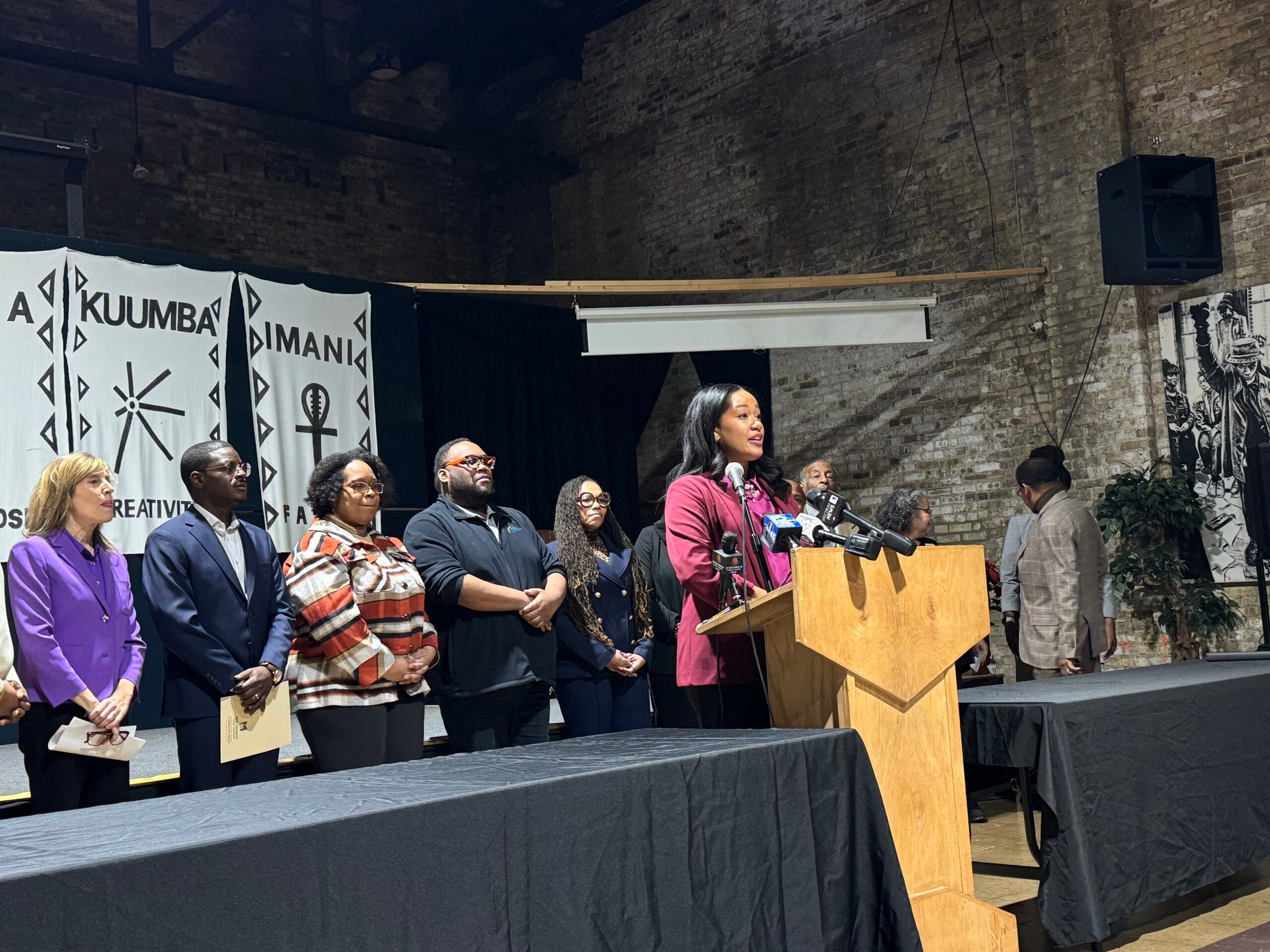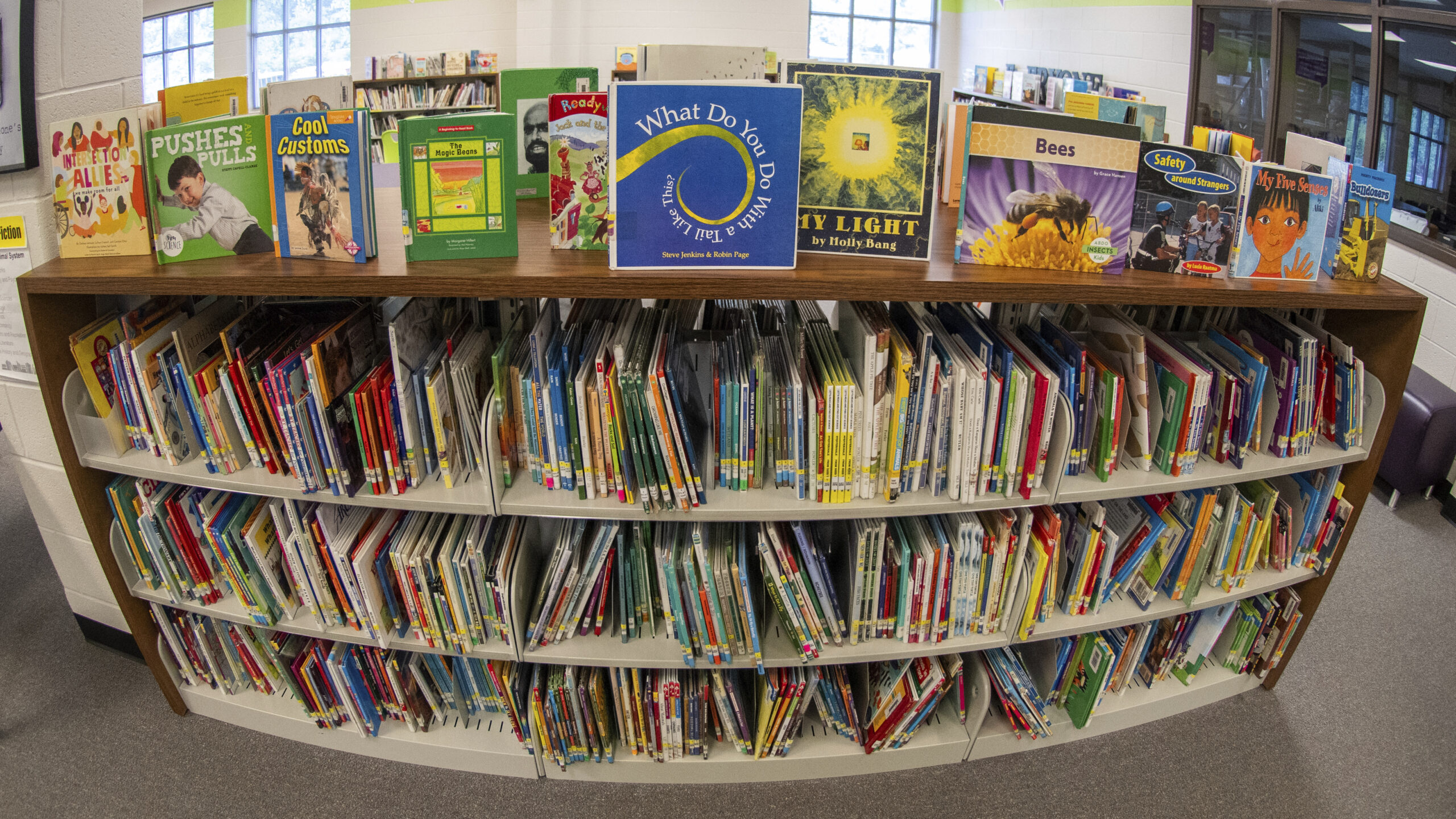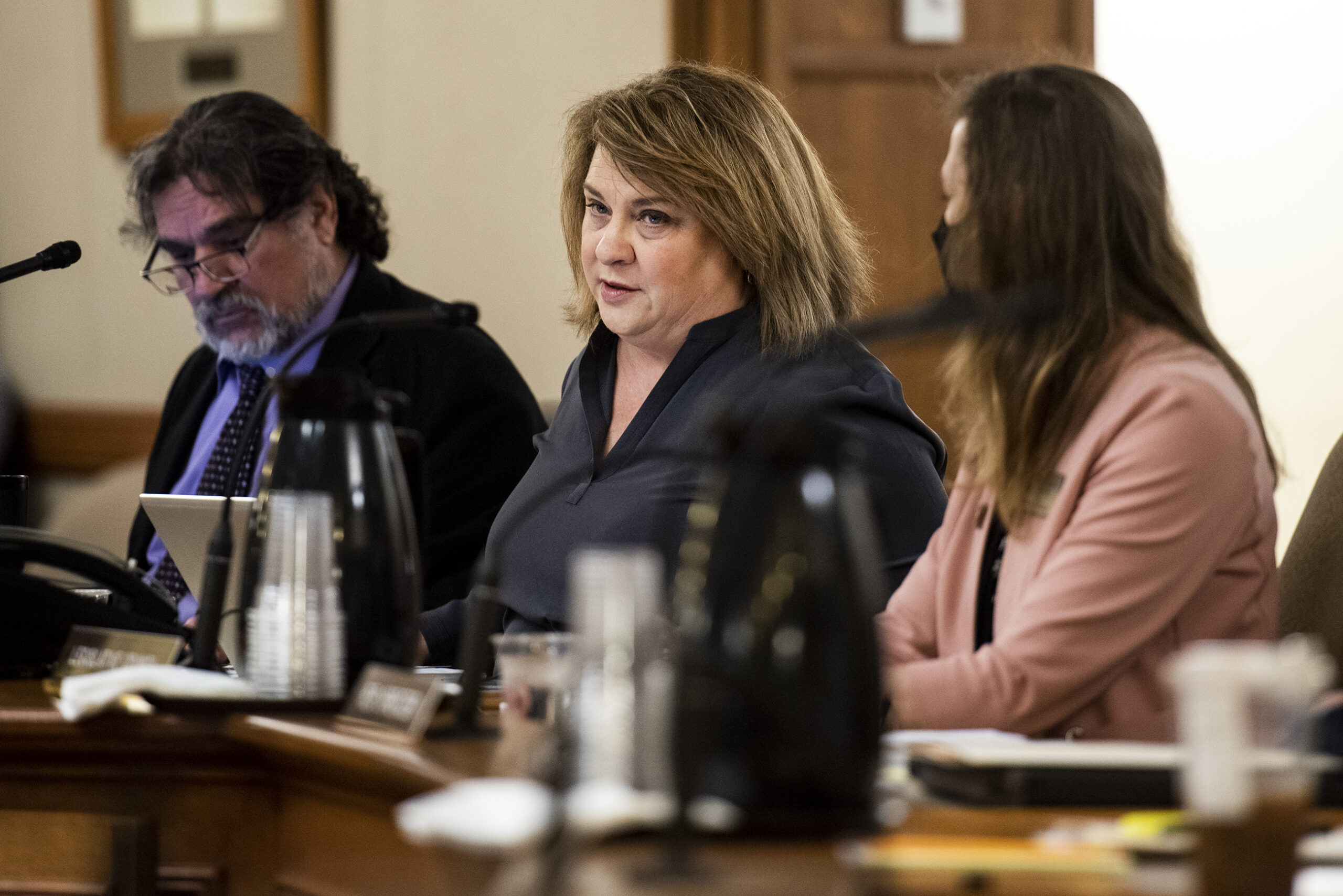The rules for running elections in Wisconsin have changed after voters approved two constitutional amendments Tuesday that will restrict the use of private money, and consultants, to support election administration.
Both amendments are responses to the use of private funds in the 2020 presidential election.
The prohibition on outside funding means that Wisconsin election workers will only be able to access public funds, and cannot apply for or receive private grant money to support their work.
News with a little more humanity
WPR’s “Wisconsin Today” newsletter keeps you connected to the state you love without feeling overwhelmed. No paywall. No agenda. No corporate filter.
The amendment that affects election officials states that only legally designated election officials can perform tasks “in the conduct of” election. The nature of those tasks, and the excluded workers — which may include people who work in municipal clerk offices but are not sworn officials — is likely to require court clarification, legal experts say.
Although elections have historically been funded through a mix of public and private funds, private money was under particular scrutiny in 2020, an election year that required unprecedented financial support to comply with then-nascent COVID-19 requirements.
Some Republicans protested the use of grant money from nonprofits tied to Facebook founder Mark Zuckerberg that went to propping up election administration in municipalities across the country. Critics argued that outside money could be used to subvert election systems entirely, although numerous reviews and court rulings affirmed Wisconsin’s 2020 outcome.
Republicans also argued the funds could be used to improve ballot access in some communities over others, creating a partisan imbalance. In Wisconsin in 2020, hundreds of communities received grants, but those that received the largest grants were cities that skewed Democratic.
GOP backers of the amendments also cited the use of outside consultants, who they said had unreasonable access to Wisconsin’s election systems in 2020.
Opponents of the amendments argued elections are underfunded and require more support. They argue that the types of problems that emerge from underfunded elections, such as long lines or complications with machinery, erode public trust.
They also noted that Wisconsin state law already states that “only election officials … may conduct an election.”
Lower courts have previously found that election officials may turn to outside experts for that work.
Wisconsin Public Radio, © Copyright 2026, Board of Regents of the University of Wisconsin System and Wisconsin Educational Communications Board.







